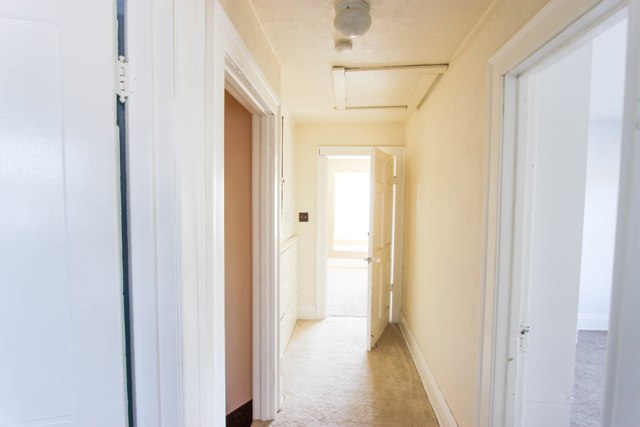The financial crisis that began in 2007 with the breakdown of the U.S. residential mortgage market still persists for millions of Americans who have lost their houses, their jobs and all hope of a secure retirement.
As a result, residential real estate prices in the hardest-hit areas such as California, Arizona, Nevada and Florida are well below replacement value (i.e., the land is valued at zero), leading many analysts to conclude that prices must be near, if not already at, the bottom.
At the same time, the Canadian dollar remains very strong against the U.S. dollar. Any investment in U.S. assets is likely to provide a decent return over time based on foreign exchange gains alone.
Taken together, these facts seem to suggest that Canadians have a once-in-a-lifetime opportunity: To buy U.S. real estate in desirable locations at historically low prices using cheap U.S. dollars. Seems like a slam dunk, right? Maybe. But there are a number of factors to consider before pulling out your cheque book and booking a flight.
If you have always wanted a vacation home in the sun and are planning to buy a property that you will use yourself, then this seems like the perfect time to buy. In addition to enjoying your new home for years to come, it is more than likely that it will appreciate in value during that time.
If you are approaching the opportunity strictly as an investor, with the basic plan of buy-rent-sell, then consider the following:

1. There is no such thing as passive real estate investing
You want to buy the right property in the right neighborhood on the right street. This requires local knowledge. Additionally, since your model requires that you rent out the property while you wait for the expected increase in value, you will need professional property management to keep the property occupied and problem-free.
2. Canadians have a very hard time accessing financing in the U.S.
If your model requires any amount of leverage, it probably won’t work. Although mortgages are cheaper than ever, you may not qualify for a mortgage from an American lender. Having to come up with the full purchase price will significantly lower your long-term returns.
3. Taxes, taxes, taxes
Unless you are already a seasoned investor down south, you may be exposing yourself to various U.S. taxes by buying and renting out an income property. The cost and hassle of having to file a U.S. tax return alone is a disincentive. So, too, are the potential complications for your estate if you die while owning real estate in the U.S.
4. Lack of diversification can spell disaster
Anything can happen with a single piece of rental real estate. Deadbeat tenants can kill your yield. Uninsured damages can increase your costs. And simply buying on the wrong street can mean that your returns are lower than anticipated.
Our firm subscribes completely to the view that a great opportunity now exists to buy U.S. residential real estate and reap significant rewards with moderate risk over the mid-to-long term.
Rather than trying to execute on the opportunity directly, however, we are studying a number of Canadian-based investment funds that purport to provide the gains that U.S. real estate investing may create, while mitigating most of the problems described above.
These funds enlist professional managers to buy, rent and sell their assets, and are designed to reduce the headaches of cross-border investing from a tax perspective and reduce property-specific risk by providing investors instant diversification.
Now the challenge is to conduct due diligence to discover which plan and which managers are best suited to capitalize on the opportunity that exists. Once we do, we hope to be investing in U.S. real estate the smart way.
David Kaufman is president of Westcourt Capital Corp., an exempt market dealer specializing in the sourcing and due diligence of conservative, alternative income-generating investments




